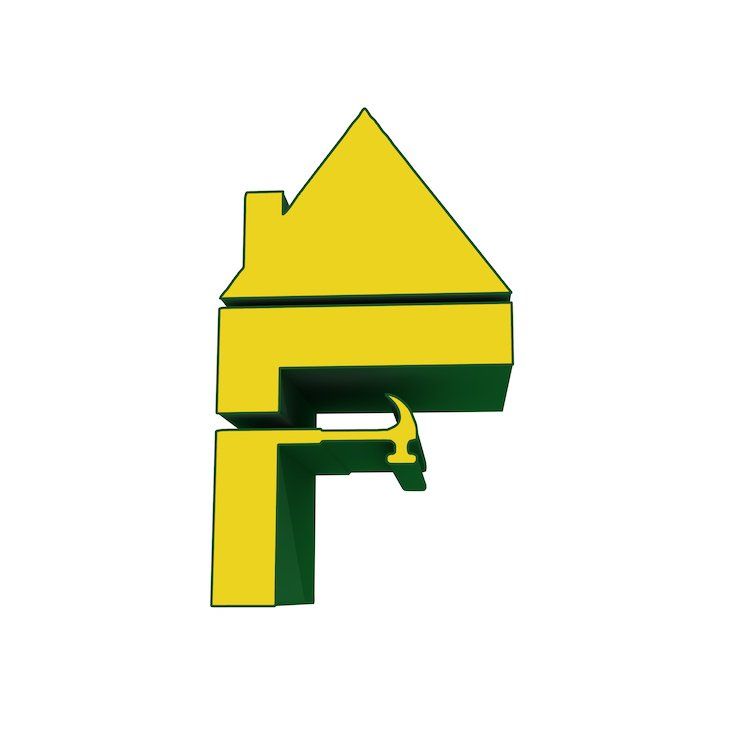An unsecured loan is a loan that doesn’t require any collateral. Instead of relying on your assets as security, lenders approve unsecured loans based on your creditworthiness. Examples of unsecured loans include personal loans, student loans, and credit cards.
Key Facts
- Unsecured loans are supported only by your creditworthiness instead of collateral, like a property or other assets.
- Unsecured loans are riskier than secured loans for lenders, so they require higher credit scores for approval.
- Credit cards, payday loans, and personal loans are examples of unsecured loans.
- If a borrower defaults on an unsecured loan, the lender may send you to collections to recover the debt or take you to court.
- Lenders can decide whether or not to approve an unsecured loan based on your creditworthiness, but the law protects you from usury lending practices.
How an Unsecured Loan Works
Unsecured loans
Sometimes referred to as signature loans or personal loans—are approved without the use of property or other assets as collateral. The terms of these loans, including approval and receipt, are most often contingent on your credit score. Typically, it would be best to have high credit scores of over 700 fico to be approved for unsecured loans.
An unsecured loan is the opposite of a secured loan when you pledge an asset as collateral for the loan. The pledged assets increase the lender’s “security” for providing the loan. Examples of secured loans include mortgages and car loans.
Because unsecured loans require higher credit scores than secured loans, in some instances, lenders will allow loan applicants with insufficient credit to provide a cosigner. A cosigner takes on the legal obligation to fulfill a debt if you default, which occurs when you fail to repay your loan or debt’s interest and principal payments.
Because collateral isn’t present to back the loan, they are riskier for lenders. As a result, these loans typically come with higher interest rates.
